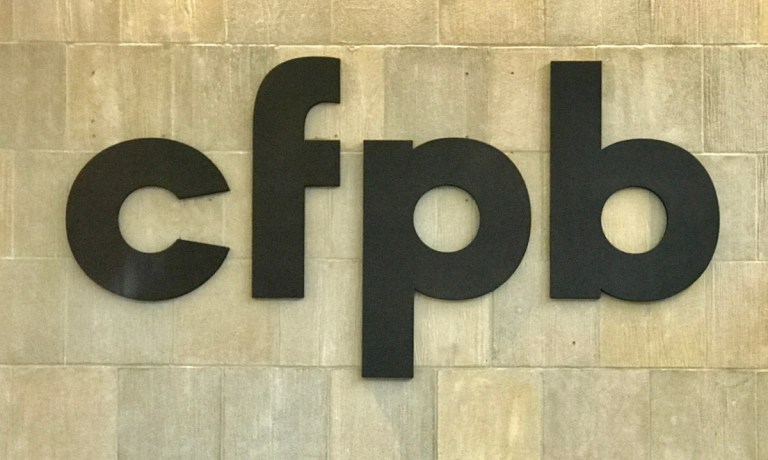CFPB Targets Double Billing in Medical Debt Collection

The Consumer Financial Protection Bureau (CFPB) is targeting illegal practices among medical debt collectors.
The practices include “double-dipping” to get paid for services covered by insurance, harassing consumers to pay “fake or exaggerated charges,” misrepresenting consumers’ rights to contest bills, and collecting debts without documenting that the amount is owed, according to a Tuesday (Oct. 1) press release.
“Medical billing is often riddled with errors, including inflated or duplicative charges, fees for services the patient never received or charges already paid,” CFPB Director Rohit Chopra said in the release. “The CFPB is taking action to ensure that Americans are not unfairly chased by debt collectors over unsubstantiated or invalid medical bills.”
Around 100 million Americans owe more than $220 billion in medical debt, and bills are often confusing and riddled with errors, per the release.
“Companies cannot attempt to collect on medical bills that have already been paid by the consumer, insurance or a government program such as Medicare or Medicaid,” the release said, referring to double billing. “This practice can coerce consumers into paying twice for the same service, causing significant financial harm.”
Companies are also forbidden from collecting amounts that exceed federal or state caps, such as those set by the federal No Surprises Act or state laws on “reasonable” rates, according to the release.
Earlier this month, the CFPB issued its annual report on medical debt, noting that consumer complaints about medical debt collection made up about 11% of all collection complaints the watchdog received last year. One ongoing problem involved attempts to collect on medical bills that were already paid or eligible for financial assistance.
The CFPB introduced a rule this year that would stop credit reporting companies from sharing medical debts with lenders and block the use of medical information in lending decisions.
“We expect that Americans with medical debt on their credit reports will see their credit scores rise by 20 points, on average, if today’s proposed rule is finalized,” the CFPB said in June.
The proposal has been criticized by Republicans, who argued that removing medical debt from credit reports will hurt the credit and healthcare systems.

